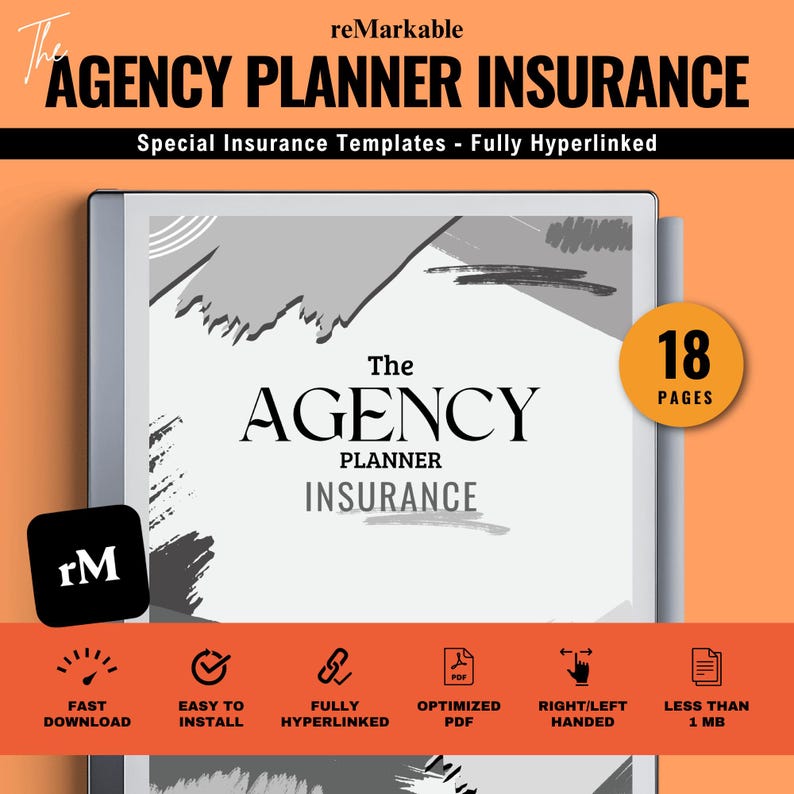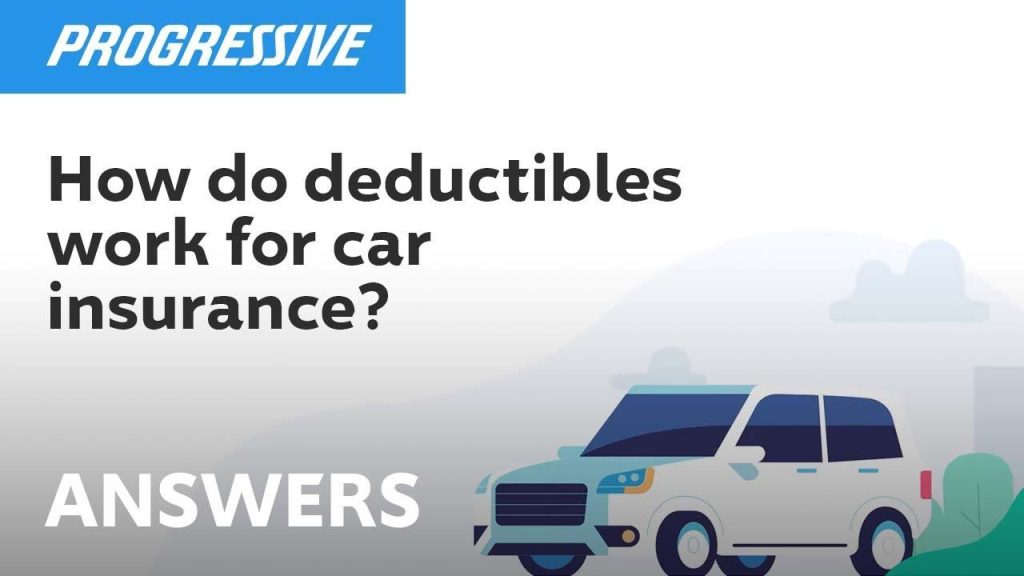When it comes to car insurance, one term you’ll frequently encounter is “deductible.” While it might sound like just another piece of insurance jargon, understanding deductibles is essential for making informed, smart decisions about your coverage. Your deductible not only affects your monthly premium but also determines how much you’ll pay out-of-pocket in the event of a claim. In this article, we’ll break down what deductibles are, why they matter, and how choosing the right deductible can save you money and stress down the road. Whether you’re a new driver or looking to update your policy, mastering the concept of deductibles is a key step toward securing the best car insurance for your needs.
Table of Contents
- Understanding How Deductibles Impact Your Premium and Out-of-Pocket Costs
- Choosing the Right Deductible Based on Your Driving Habits and Financial Situation
- The Role of Deductibles in Different Types of Car Insurance Coverage
- Strategies to Lower Your Deductible Without Compromising Protection
- To Conclude
Understanding How Deductibles Impact Your Premium and Out-of-Pocket Costs
Choosing the right deductible is a balancing act between managing your premium costs and preparing for potential out-of-pocket expenses. A higher deductible typically means you’ll pay less monthly for your car insurance premium because you’re agreeing to shoulder more of the initial costs in the event of a claim. Conversely, a lower deductible increases your premium but reduces what you need to pay when an accident or damage occurs. Understanding this relationship helps you tailor your coverage to your financial comfort level and risk tolerance.
When considering deductibles, keep in mind several key points that affect both your budget and protection:
- Financial preparedness: Can you afford to pay a higher deductible upfront if an accident happens?
- Claim frequency: If you rarely file claims, a higher deductible may save you money over time.
- Premium savings: Smaller monthly savings might not be worth a deductible that feels out of reach during an emergency.
By weighing these factors carefully, you’ll make wiser insurance choices that safeguard your wallet today and in the future.
Choosing the Right Deductible Based on Your Driving Habits and Financial Situation
When deciding on a deductible, a close look at your driving patterns can significantly influence your choice. If you’re someone who drives infrequently or mainly sticks to low-risk routes such as suburban streets, opting for a higher deductible might be a strategic way to lower your monthly premiums. Conversely, frequent drivers or those navigating busy city traffic may want to choose a lower deductible to minimize out-of-pocket expenses if accidents occur. Consider not just how often you drive, but also the environments where you spend most of your time behind the wheel.
Your financial landscape plays an equally crucial role in determining the ideal deductible. If you have savings set aside and can comfortably handle a sudden repair cost without significantly impacting your finances, a higher deductible policy can save you money over time through reduced premium payments. On the other hand, if budget constraints make unexpected expenses difficult to manage, opting for a more affordable deductible might provide peace of mind, even if it means paying slightly higher premiums. Here are some key factors to weigh:
- Emergency savings availability
- Monthly budget flexibility
- Potential risk exposure based on your regional accident rates
Balancing your deductible thoughtfully ensures that your insurance is tailored not only to how you drive but also to how you can best protect your financial wellbeing.
The Role of Deductibles in Different Types of Car Insurance Coverage
Deductibles play a crucial role in shaping your overall car insurance experience by determining how much you pay out of pocket before the insurer steps in. In collision coverage, your deductible can directly impact your premium cost; higher deductibles usually translate to lower monthly payments but require more upfront expense following an accident. For comprehensive coverage, which protects against events like theft, vandalism, or natural disasters, a deductible works similarly, adding a layer of financial responsibility that encourages careful evaluation of claims. By adjusting deductibles depending on the coverage, policyholders strike a balance between affordable premiums and manageable risks.
- Liability coverage typically does not include deductibles, since it covers damages to others’ property and injuries, not your own vehicle.
- Uninsured/Underinsured Motorist coverage
- Choosing a deductible also impacts the decision-making process when filing a claim: smaller damages might not justify reaching the deductible threshold, helping avoid premium increases.
Strategies to Lower Your Deductible Without Compromising Protection
Balancing affordability and coverage begins with a smart evaluation of your insurance policy. One effective method to reduce your deductible without sacrificing protection is to bundle your insurance policies. Many insurers offer discounts when you combine auto insurance with other types, such as home or renter’s insurance. This not only lowers your overall premium but often allows you to select lower deductibles across your policies, maintaining robust coverage at a reduced cost.
Another approach is to improve your vehicle’s safety features. Installing anti-theft devices, dash cams, and other security systems can lead to insurer incentives that reduce your deductible. Additionally, maintaining a clean driving record through defensive driving courses can qualify you for deductible discounts while keeping your policy intact. Consider these strategies and consult your agent to customize your deductible thoughtfully without compromising the protection you need.
To Conclude
In the end, mastering the concept of deductibles is a crucial step toward making informed and savvy decisions about your car insurance. By understanding how deductibles impact your premiums, out-of-pocket costs, and overall coverage, you position yourself to choose a policy that truly fits your needs and budget. Remember, the key to smart car insurance isn’t just about finding the lowest price—it’s about finding the right balance between protection and cost. Take the time to evaluate your deductible options carefully, and you’ll drive away with confidence knowing your insurance works for you, no surprises included.





